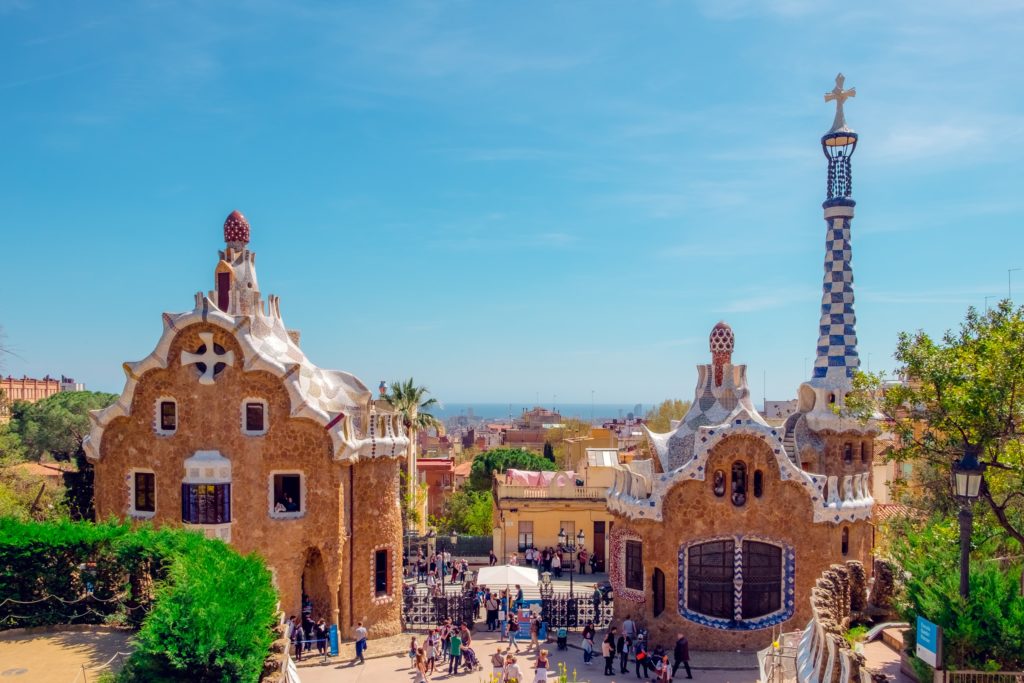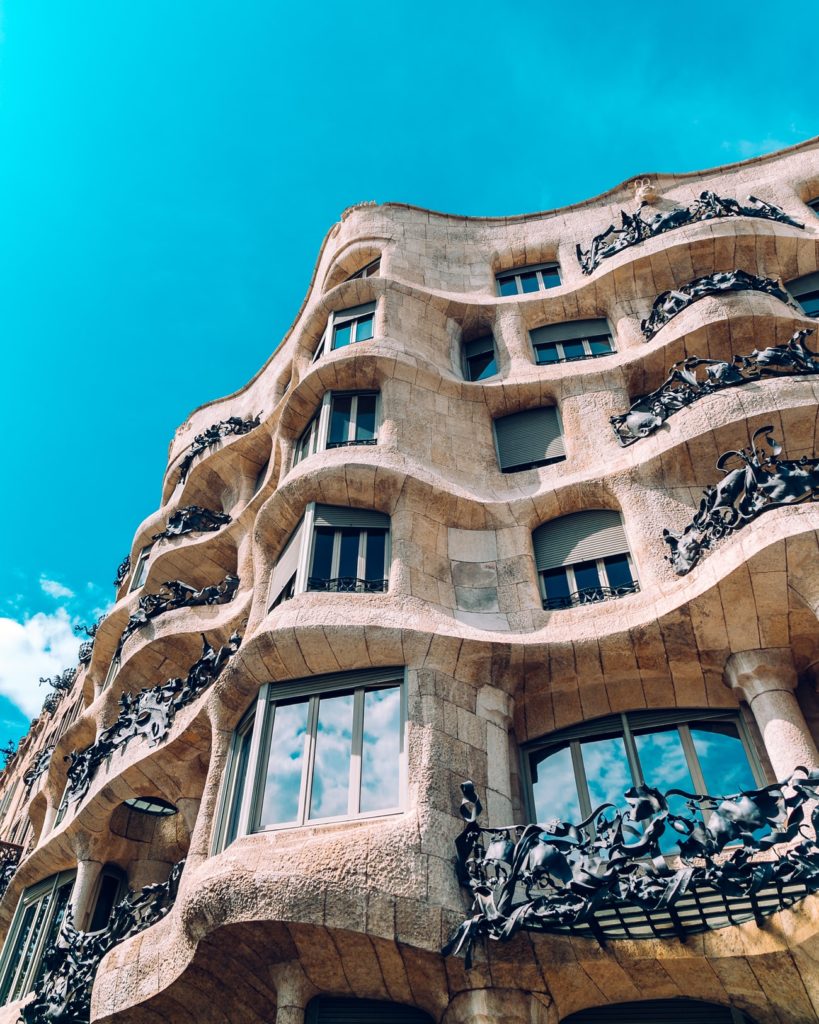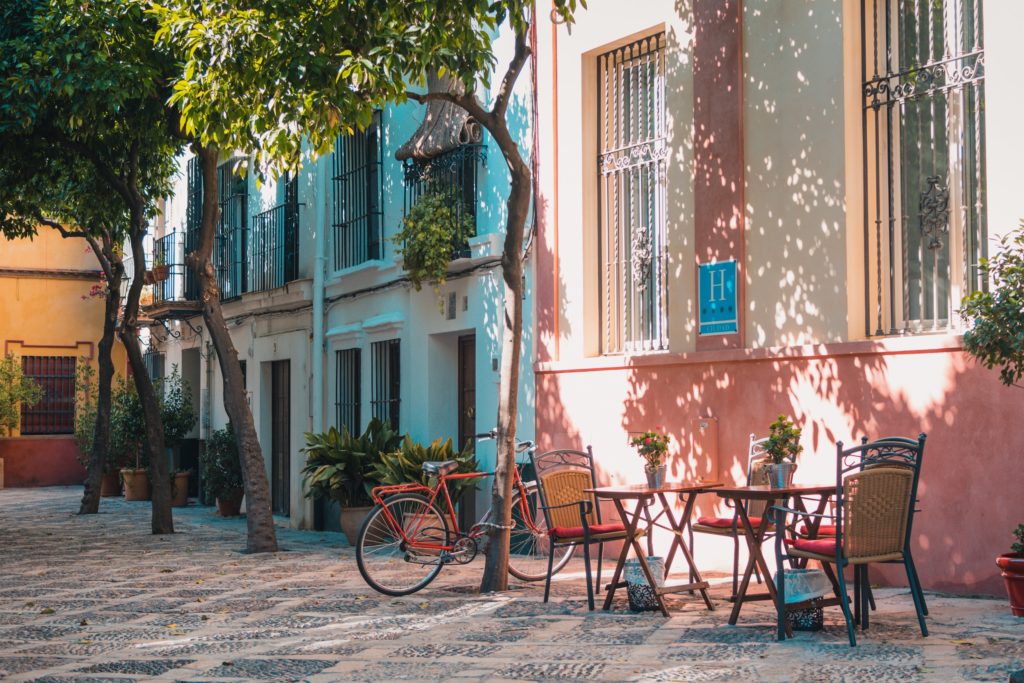Barcelona

Description of the city
Barcelona is the capital of Catalonia, a self-governing region or autonomous community forming part of Spain. The language of Catalonia is Catalan, which is co-official alongside Spanish. The city has 1.6 million inhabitants (idescat 2015).
Policy
Barcelona City Council has stood out for its pioneering commitment in defence of Civil Rights in the city. In 1995 it set up the Department of Civil Rights and in 1998 the Office for Non-Discrimination was founded. With reference to policies in defence of LGBTI people’s rights, the LGBTI Municipal Council was set up in 2004. And in 2010 the Pla municipal per al col·lectiu LGTBI 2010-2015 (2010-2015 Municipal Plan for the LGBTI Collective) was launched.
In 2016, the Pla municipal per la Diversitat sexual i de gènere. Mesures per la Igualtat (LGTBI 2016-2020 Municipal Plan for Sexual and Gender Diversity. Measures for LGBTI Equality 2016-2020), directed by the Department of Feminisms and LGBTI, took over with the intention of increasing aims, actions, and the indicators for analysing its results and systematically looking at all areas of the City Council through LGBTI eyes. It’s based on two strategic approaches: Institutional Change, whose object is to include the LGBTI perspective throughout the municipal structure, and the City of Rights, which aims to connect and coordinate the actions of the Municipal Administration directed at the city LGBTI collective.
This plan was drawn up after the Catalan Parliament approved the Llei per a garantir els drets de lesbianes, gais, bisexuals, transgèneres i intersexuals i per a eradicar l’homofòbia i la transfòbia (Law to guarantee the rights of lesbians, gays, bisexuals, transgender and intersex people and to eradicate homophobia and transphobia), of 10 October 2014, a law establishing a frame of action which contains many of the measures in the Plan.
In 2017, the city will be opening its Centre Municipal de Recursos LGTBI (Municipal Centre for LGBTI Resources).


Collaboration partners
The current plan incorporates and reinforces the LGBTI perspective in all municipal policies in areas such as social and citizens’ rights, citizen participation, children, young people, old people, education, health, sport, culture, international relations, cooperation, immigration, employment, prevention, and safety and other municipal sectors. In collaboration with the public administration. And those bodies fighting for the rights of the LGBTI collective:
- ACATHI – Catalan Association for the Integration of Bisexual and Transsexual Immigrants: http://www.acathi.org/
- ACEGAL – Catalan Association of Businesses for Gays and Lesbians: http://www.acegal.org/
- ACGIL – Christian Association of Gays, Lesbians, Bisexuals and Transsexuals of Catalonia: http://www.acgil.org/
- ACORD – Advice, Counselling, Guidance and Resources for Women: http://www.acordlgtb.org
- AFIRMA’T: http://www.afirma-t.org
- AMPGIL – Association of Gay, Lesbian, Bisexual and Transsexual Parents: http://www.ampgil.org/ca/
- ATC LIBERTAD- Association of Transsexual and Intersex People of Catalonia: https://atclibertad.wordpress.com/
- BARCEDONA: www.barcedona.org
- BEARCELONA:www.bearcelona.org
- CANDELA – Associació for Research and Community Action: www.candela.cat/
- CASAL LAMBDA: http://lambda.cat/
- CHRYSALLIS: http://chrysallis.org.es/
- CREACIÓN POSITIVA- Positive Creation: http://www.creacionpositiva.org/
- COMISSIÓ UNITÀRIA 28 DE JUNY – JUNE 28 JOINT COMMITTEE: http://www.28juny.org/
- ENRUTA’T: http://www.enrutat.org/
- FAGC – Gay Liberation Front of Catalonia: www.fagc.org/
- FLG – Association of Lesbian and Gay Families: http://www.familieslg.org/familieslgtb
- CJB – YOUTH COUNCIL OF BARCELONA: http://www.cjb.cat/
- CTC – Pro-Rights Transsexual Collectoive of Catalonia: http://www.transsexualitat.org
- CULTURA TRANS: http://culturatrans.org/
- ENS ENTENEM: http://www.entenem.com
- FUNDACIÓ ENLLAÇ: http://www.fundacioenllac.cat/
- GAG- Group of Gay. Lesbian Transsexual and Bisexual Friends: http://www.amicsgais.org/
- GAIS POSITIUS – Positive Gays: http://gaispositius.org/
- GALESTV: http://gayles.tv/
- GAYLESPOL – Association of Gay and Lesbian Police: http://www.gaylespol.es/
- GENEREM: http://generem.org/ca/
- LESBICAT- Lesbian, Bisexual and Pansexual women of Catalonia: https://lesbianesacatalunya.wordpress.com/tag/lesbicat/
- NASIJ: http://www.cristianosgays.com/tags/proyecto-nasij
- PANDORA: http://www.pandorapsicologia.com
- PANTERES GROGUES – Yelow Panthers: https://panteresgrogues.cat
- PROJECTE DELS NOMS-HISPANOSIDA: http://www.bcncheckpoint.com
- STOP SIDA – STOP AIDS: http://www.stopsida.org
- UNIVERSITAT SIN VERGÜENZA – LGBT University Association: http://www.sinver.org/
